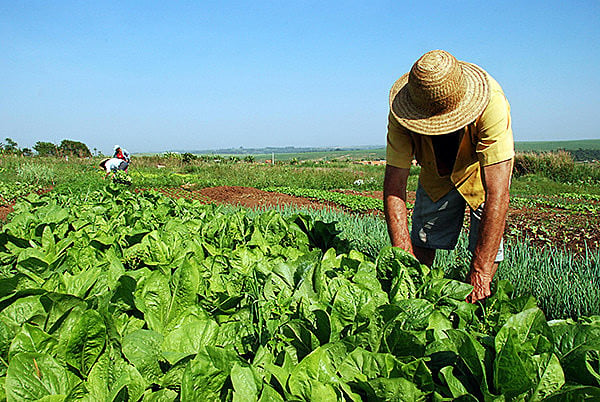A day after the news broke that Brazil’s Institute for Colonization and Agrarian Reform (INCRA) ordered its offices to stop land purchase and expropriation indefinitely – a crucial step in the land reform process –, the organization released a new memorandum revoking the previous order.
Three memoranda had been submitted to INCRA employees in the first week of the year, halting 250 processes that were ongoing, according to the institute. The order would also impact more than 1,700 processes regarding territories of quilombolas, resident settlements set up in Brazil’s rural areas, mostly by escaped enslaved people of African descent.
One of the original memos also established that regional offices should provide a list of all properties that could be intended for land reform.
After Jair Bolsonaro took office as president, on Jan. 1, the INCRA was transferred from the Office of the President’s Chief of Staff and now reports to the Ministry of Agriculture. The cabinet is headed by the former leader of the influential rural caucus in Congress, Tereza Cristina.
The conundrum clearly shows that land reform is not part of Bolsonaro’s plans. While his government platform did not even mention policies for this purpose, the then candidate did state he would “remove from the Constitution any relativization of private property.” Not only do the president's statements have a negative impact on occupations and settlements of the Landless Workers’ Movement (MST), they also point to his inclinations to protect big rural properties and private properties found to operate with working conditions analogous to slavery.




